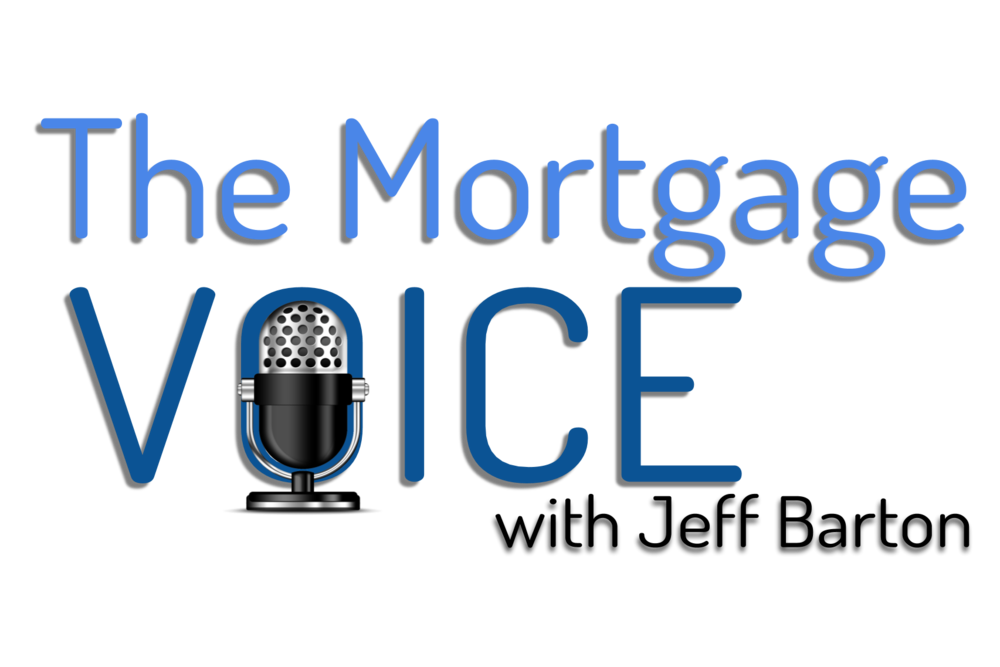Forbearance is a special agreement between a mortgage lender and the borrower to delay foreclosure. One of the byproducts of the Federal response to the pandemic was halting foreclosures and evictions so that people could gain some breathing room for their debts while being out of work.
And while the number of people unemployed in America is unprecedented and the forbearance order is keeping people in their homes if they cannot make the payment, it is causing a negative side effect in that it has made it more difficult for buyers and refinances to obtain a mortgage.
The Federal government says if you can’t afford to, don’t pay your mortgage. Currently there are 3 million loans in the US in Forbearance. This is affecting the interest rates now, because people who could afford their payment are not making them, because the government said not to.
What this means for you is that you will experience higher interest rates or there will be difficulty getting funded. Why? Because in the lending business, the lender wants to know for sure that the borrower has the ability to repay the loan. With so many out of work, and the uncertainty of how long the pandemic crisis will last before people get back to work, it is tough to get lenders to trust that their investments will be protected.
It’s even tougher for the small lenders who don’t have the liquidity of the larger lenders. The question is, how long can we continue to make loans in an uncertain market with an uncertain future?
As I have stated before in this blog, since the pandemic, gone are the non-QM loans, most down payment assistance programs, and income only products. We are pretty much only able to write conforming and FHA loans. And even those come with some caveats, for instance, the HUD office in Santa Ana is closed indefinitely due to the coronavirus, and we are unable to purchase the required mortgage insurance on FHA loans from the Federal government.
Missing a mortgage payment or three will have consequences. Forbearance only delays foreclosure, and I assume foreclosure dates may be accelerated once the forbearance is lifted. Also of concern is the affect on your credit score by missing ANY payments during the pandemic, whether on your mortgage, or your other bills, such as car payments, etc. Senators Warren and Schatz have drafted a letter to the three credit reporting agencies requesting information about how they are complying with the new CARES Act requirements to ensure that consumers negatively impacted by the COVID-19 pandemic are not going to be burdened by permanent negative markings on their credit reports.
This is a challenging time. I’ve been in the business for 25 years and thought I had seen it all. But the solutions during this time haven’t been mapped out yet. When will we get back? I hope soon. I know you do too.
Be safe.

